Table of Contents
Telomeres and Immune Function: Introduction
Telomeres—those tiny protective caps at the ends of chromosomes—are markers of aging. They protect the DNA from damage and studies show that telomere length is strongly associated with healthy aging, less stress on the body, and better health. When your telomeres are shorter, your stem cells age faster and can no longer divide, which results in your body aging faster. However, their influence extends much deeper into immune function as well. Understanding this connection offers critical insights into how we can support long-term immunity through cellular health.
T Cells and the Immune System
The immune system serves as the body’s primary defense against harmful invaders, including bacteria, viruses, and abnormal cells. It operates through a complex network of cells, tissues, and signaling pathways that work together to detect and eliminate threats before they cause damage.
According to Cleveland Clinic, “T cells are a type of white blood cell called lymphocytes. They help your immune system fight germs and protect you from disease. There are two main types. Cytotoxic T cells destroy infected cells. Helper T cells send signals that direct other immune cells to fight infection.” Without these cells, the body would struggle to recognize and eliminate threats, leaving it vulnerable to infections and disease.
Telomere Shortening and Immune Cell Exhaustion
Telomeres are vital as they protect the ends of chromosomes. When telomeres become critically short, the affected cells lose their ability to divide and function properly. According to a review in Frontiers in Immunology, shorter telomeres in leukocytes (white blood cells) are strongly associated with reduced immune function and increased susceptibility to infections, especially in older adults. Understanding this link between telomere length and immune cell exhaustion opens the door to new strategies for supporting immune health as we age.
Telomerase and Immune Function
National Cancer Institute states a telomere is “An enzyme in cells that helps keep them alive by adding DNA to telomeres (the ends of chromosomes). Each time a cell divides, the telomeres lose a small amount of DNA and become shorter. Over time, the chromosomes become damaged and the cells die. Telomerase helps keep this from happening. Cancer cells usually have more telomerase than most normal cells.” According to the article Are senescence and exhaustion intertwined or unrelated processes that compromise immunity? published in Nature Reviews Immunology, activated T cells temporarily increase telomerase activity to preserve telomere length and continue dividing. Additionally, studies have shown that telomere shortening in T cells is associated with reduced immune function in older adults. Shortened telomeres limit the proliferative capacity of T cells, impairing their ability to respond effectively to infections and vaccines, as reported in Frontiers in Immunology.
These findings highlight the delicate balance the immune system must maintain as it ages. Recognizing how telomerase and telomere length influence immune strength not only deepens our understanding of aging but also encourages further exploration into how we might preserve immune vitality over time.
Making Your Immune System Stronger for Your Overall Wellness

According to Harvard Health, some of the methods they share to strengthen the immune system include the following below:
-
Make sure to get enough sleep
-
Wash your hands on a frequent basis
-
Do not smoke
-
Try to decrease your stress
-
Make sure you are up to date with recommended vaccinations.
While no single action guarantees protection, consistent attention to these areas can significantly improve the body’s ability to defend against illness. Also notable, small changes, when sustained over time, can have a powerful impact on long-term health.
Methods to Lengthening the Telomeres
Understanding how to maintain and potentially lengthen telomeres is key to promoting long-term health and longevity. According to Next Health, they recommend
-
adopting a healthy diet and engaging in regular exercise, as it may help lengthen telomeres or slow their rate of shortening.
-
also recommends managing stress through healthy practices as it can further support their health.
Additionally, NAD says another way to lengthen our telomeres is by incorporating supplements into our life that can help in telomere preservation, such as vitamins C, E, and D. Combining a balanced diet, regular exercise, and effective stress management with supplements like vitamins C, E, and D creates a comprehensive approach to supporting telomere health. By integrating these practices, you can enhance cellular longevity and contribute to overall well-being.
Supporting Immune and Telomere Health with LifePharm Products
LifePharm offers several advanced formulas designed to promote both cellular longevity and immune resilience.
-
LAMININE stands out for its unique blend of fibroblast growth factor-2 (FGF-2), amino acids, and marine and phyto proteins. FGF-2 has been associated with cell repair and regeneration, which can support the maintenance of healthy telomere function. By promoting cellular communication and renewal, LAMININE may help counteract some of the natural declines with telomere length that occur with age.
-
IMMUNE+++ contains a unique triple shield formula featuring our exclusive Life-C Blend of vitamin C. Enhanced with the Oopti-shield blend of reishi and maitake mushrooms, IMMUNE+++ is designed to defend against viruses and bacteria. The formula also includes an herb and botanical blend that is rich in antioxidants from berries and pomegranate, proven to enhance the production of white blood cells and T cells—key components in your body's defense against pathogens.
Together, these LifePharm products offer a proactive approach to supporting your immune health and supporting the cellular processes tied to healthy aging.
Strengthening Immune Function Through Telomere Support

The connection between telomere health and immune function provides compelling insight into how aging impacts the body’s defense systems. Fortunately, ongoing research points to promising strategies, from lifestyle choices to targeted supplementation, that may help preserve telomere length and immune vitality. By prioritizing both cellular and immune health with well-rounded habits and products like LAMININE and IMMUNE+++, individuals can take meaningful steps toward supporting resilience and longevity at every stage of life.
Summary of the Main Points
Lifestyle and Nutritional Strategies Matter: Sleep, stress management, proper nutrition, and vitamins C, D, and E are important for maintaining telomere health. These habits contribute to stronger immunity and slower cellular aging.
LifePharm Supplements Offer Targeted Support: LAMININE and IMMUNE+++ are formulated to promote cellular repair, telomere maintenance, and immune resilience through key ingredients like FGF-2, antioxidants, and vitamins.
Telomeres and Immunity Are Linked: Telomeres protect chromosomes and influence the lifespan and function of cells.
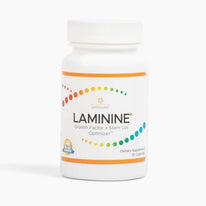


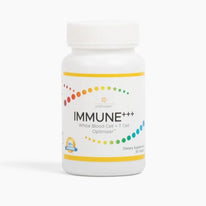
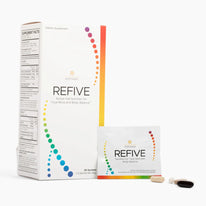
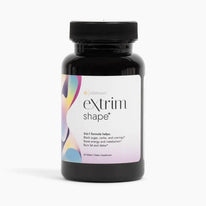
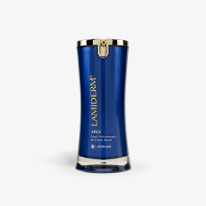
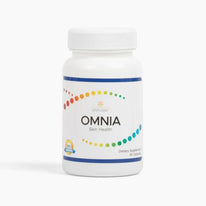
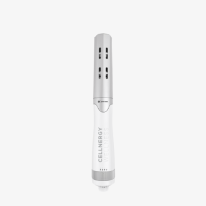
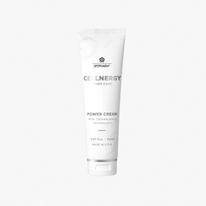

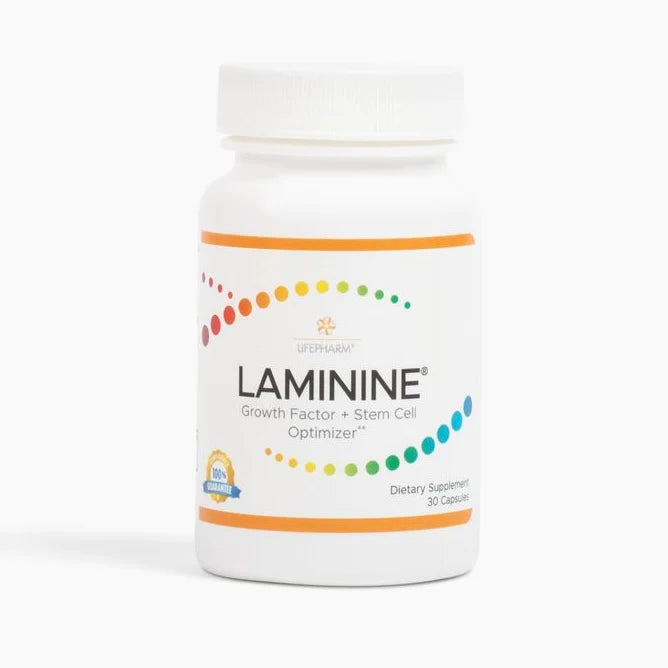
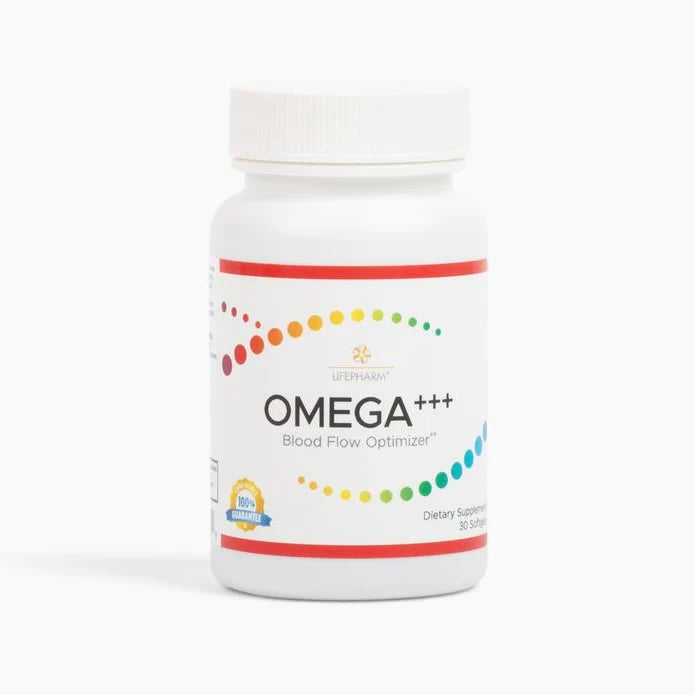

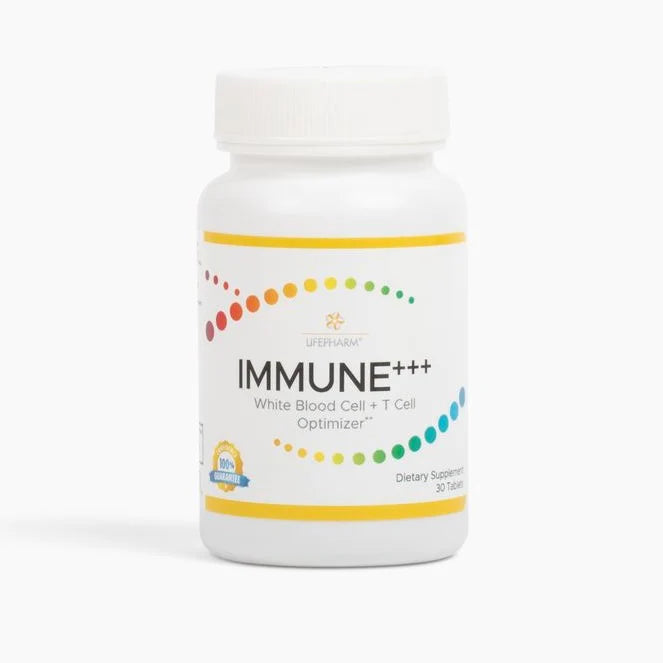
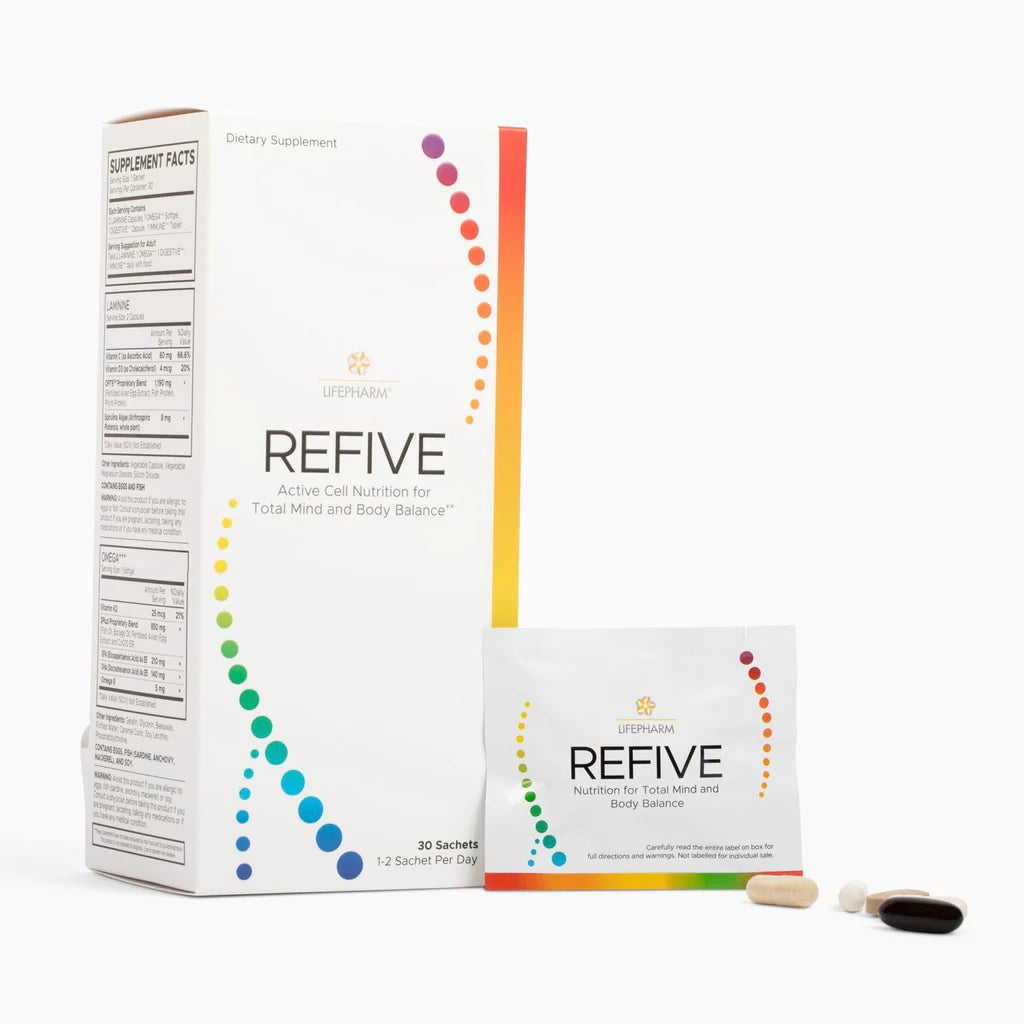
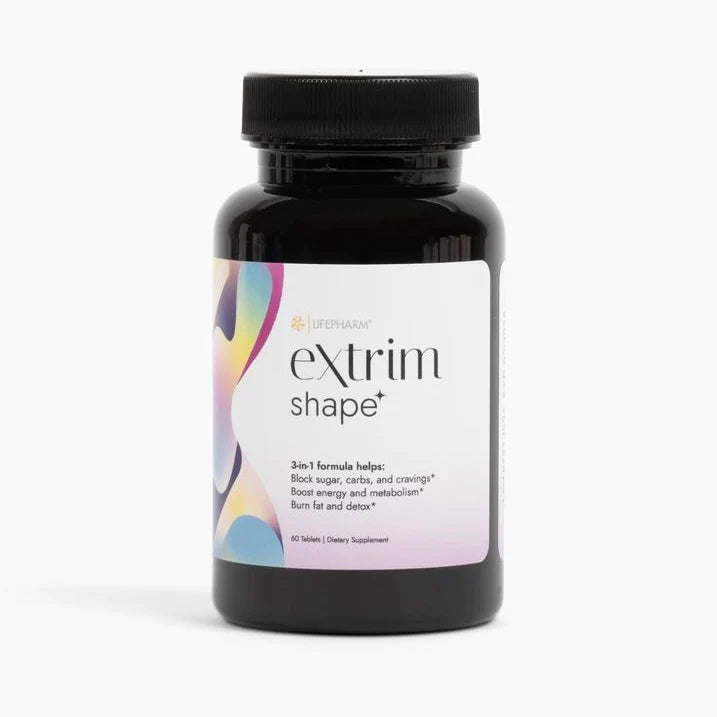
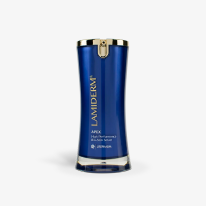
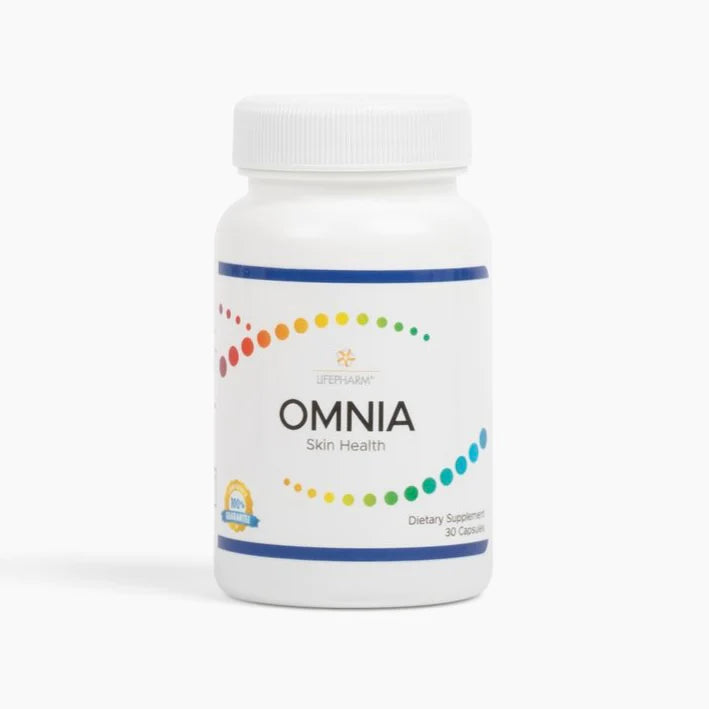
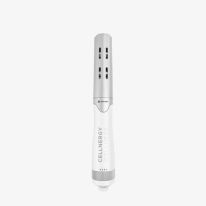
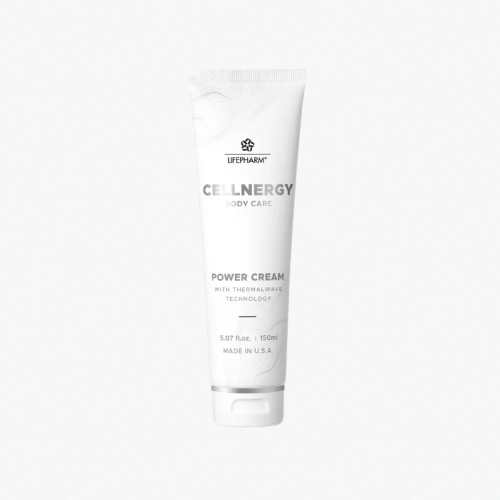


 Back to Blog Categories
Back to Blog Categories